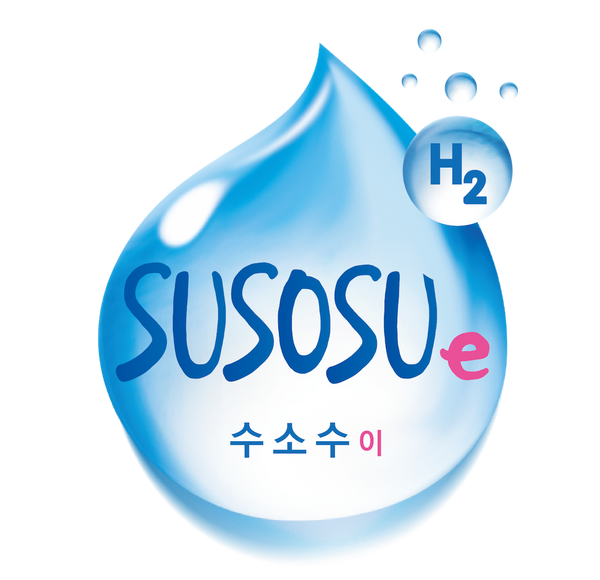
Mineral Water vs. Spring Water: What’s the Difference?
Share
There is a famous saying used by many business coaches that goes along the lines of: “If you don’t think there is space for you in your niche, just go into the water aisle and check how many different water types there are”.
What was meant to spark inspiration instead sparked our curiosity, what is the difference between the bottled waters you find in your local grocery store and which one should you be drinking? After all, aren’t they all the same thing?
In this post, we will cover the difference between mineral and spring water as well as which one of those two main types of bottled water is more beneficial to your health. Because water can do a lot more than just keep you hydrated.
Let’s explore!
What Is Spring Water?
According to the FDA, there are more than four main types of bottled water, one of the most popular ones being Spring Water. You may begin to wonder what makes these different types of water unique from each other, whether it’s their purity, safety, or taste.
The answer to that is, none of the above.
The Food and Drug Administration labels the different types of water according to their sourcing.
Spring Water, according to FDA regulations, is derived from an underground formation from which water flows naturally to the surface of the earth at an identifiable location. So, in other words, this is water that is collected from a naturally derived spring and is collected at its opening or through a borehole.
Because of its cycle of flowing through natural filters such as limestone, clay, and sandstone, the water is not additionally purified after being sourced. It’s analyzed by the FDA to ensure it meets the safety standards, is bottled, and distributed to stores.
What Is Mineral Water?
Similar to Spring Water, Mineral Water is also sourced from an underground water source. The difference between Spring and Mineral Water, and what makes Mineral Water unique is that the sources from which it is sourced are geologically and physically protected due to the water containing constant proportions of minerals and trace elements. These minerals are often ones that our bodies are unable to produce themselves and instead need to be obtained through other sources such as food, or in this case, water.
Some of the most popular minerals that mineral water contains are calcium, magnesium, and potassium, and sodium that is produced naturally by the water rather than added artificially. Incredibly beneficial to our bodies, regular consumption of those minerals can improve our health in a multitude of ways.
- Magnesium plays a vital role in regulating blood glucose levels, blood pressure, and nerve function. (Additionally, the majority of the US population is magnesium deficient).
- Calcium, magnesium, and potassium promote blood circulation.
- Calcium promotes bone strength.
- Magnesium promotes digestive health.
So, now that we have covered the potential benefits of drinking Mineral Water, let’s dive deeper into other minerals that are not as easily available but are incredibly beneficial to your well-being, one of them being hydrogen.
Susosu Water, unlike other bottled water, is sourced from Uiseong, South Korea, a location that is rich in minerals. For years, the location has been a protected and treasured source of water to the locals, however, Susosu Water made it their mission to share it with the world.
Infused with one of the smallest molecules available, Hydrogen, Susosu Water is able to penetrate the cell walls to rid your body of toxins and heal and protect cells. Rich in antioxidants, hydrogen-rich water can greatly improve your overall mental and physical well-being, increase your energy and productivity levels, as well as help fight free radicals to protect your cells from damage caused by our everyday life stressors.
Are you ready to get hydrated? If so, water you waiting for?
Test out the benefits and great taste of Mineral Water today, try Susosu Water!
